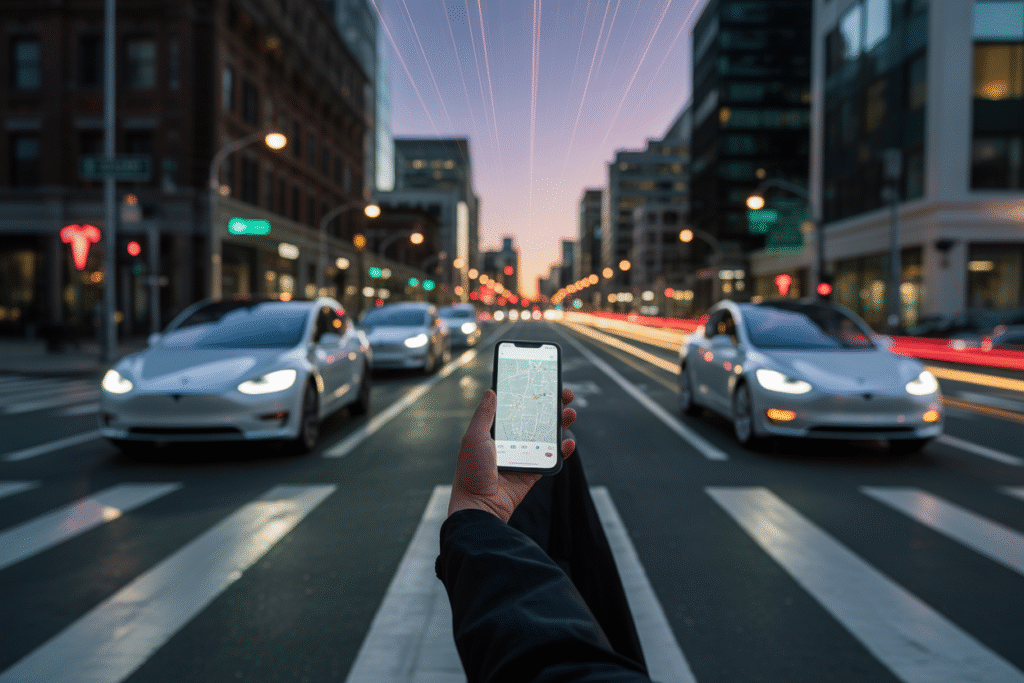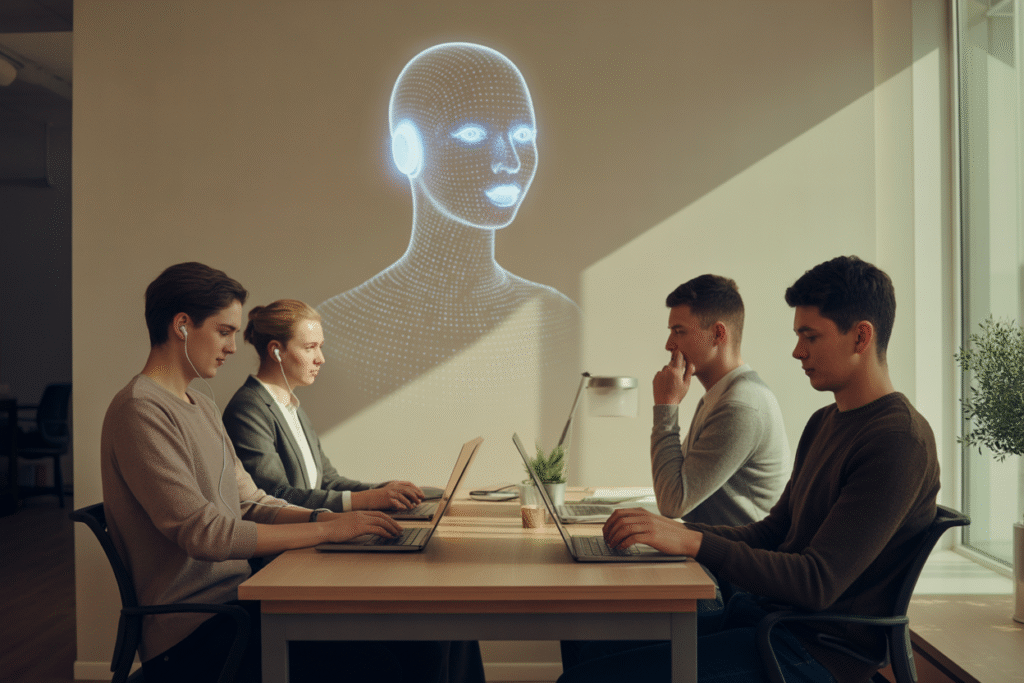From chatbots to self-driving cars, Elon’s empire is quietly becoming the invisible backbone of our daily lives—raising urgent questions about control, ethics, and the future of human agency.
Imagine waking up tomorrow and realizing every digital choice you make—what you read, where you drive, even how you pay—is filtered through a single man’s software stack. That future isn’t sci-fi; it’s the roadmap Elon Musk is laying right now. In this deep dive we unpack how his sprawling ecosystem is reshaping AI and human relationships, why investors are cheering, and why ethicists are losing sleep.
The Invisible Thread: How Musk’s Apps Already Run Your Day
You open X to check the news, Grok summarizes it for you, then Tesla’s FSD drives you to work while streaming music curated by the same AI. Each step feels seamless, even helpful. Yet beneath the convenience lies a single thread—Musk’s code—quietly learning your preferences, nudging your choices, and storing every interaction. The result? A personalized experience so smooth you rarely notice you’re inside a walled garden. Critics call it genius; skeptics call it a velvet cage. Either way, the thread is tightening.
From Hype to Hardware: Why Investors Can’t Look Away
Tesla’s next earnings call isn’t just about cars—it’s a referendum on whether AI hype can justify trillion-dollar valuations. Analysts argue that if NVIDIA beats expectations, Musk-linked stocks could rocket, pulling crypto and alt-coins along for the ride. The bull case: AI integration boosts productivity, slashes accidents, and mints new millionaires. The bear case: one bad quarter pops the bubble, vaporizing jobs in chip fabs, data centers, and driver-training schools. Either scenario reshapes how humans coexist with machines—and how portfolios survive the transition.
The Ethics Dilemma: Convenience Versus Control
Proponents paint a utopia where AI saves lives on the road and hours in the day. Critics see a darker ledger: monopolistic data harvesting, opaque algorithms, and the slow erosion of public choice. Picture a city where every traffic light, insurance quote, and job interview is mediated by a single platform. Who audits the code? Who appeals a decision? The debate splits along three fault lines: autonomy, accountability, and access. Until regulators catch up, the only vote you have is whether to opt in—or walk.
The Surveillance Slippery Slope: When Safety Becomes Surveillance
Every mile your Tesla drives, every query Grok answers, feeds a data lake that can train next-gen AI. Security advocates cheer fewer crashes; privacy hawks warn of predictive policing and social-credit scoring. The roundtable hosted by freedom advocate Courtenay Turner this week will ask: where does safety end and surveillance begin? If Musk’s cameras map every street and his satellites blanket every sky, the line blurs fast. The stakes aren’t just personal privacy—they’re the blueprint for how democracies handle AI governance.
What You Can Do Before the Future Locks In
Talk about it. Share this article. Ask your representatives where they stand on AI oversight. Divest or invest based on your values. Most importantly, demand transparency: which data is collected, how long it’s stored, and who can audit it. The window for shaping AI and human relationships is still open, but it won’t stay that way forever. The next software update could close it without warning.


